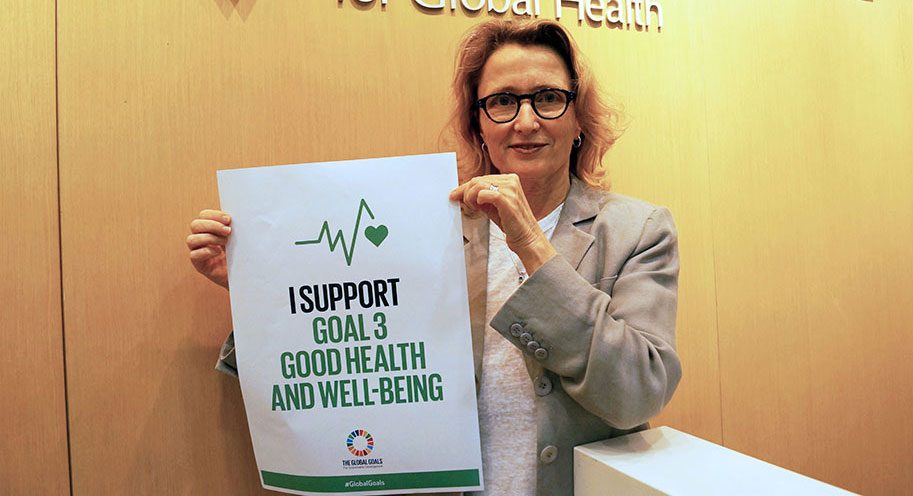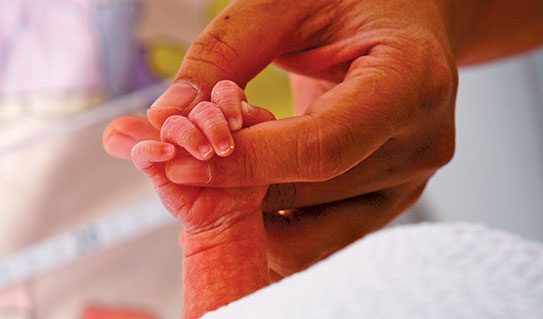By Professor Robyn Norton
Today, The George Institute for Global Health, in concert with the Oxford Martin School, released a new paper calling on global policymakers to redefine and broaden the women’s health agenda. The paper (PDF), was launched at a meeting of the All Party Parliamentary Group on Global Health in the UK.
For decades, global women’s health policy has been centered on sexual and reproductive health. World governments and governing bodies, such as the World Health Organization and the World Bank, among other NGOs, have developed a laser-like focus on reducing the scourge of maternal mortality and morbidity.
The good news is that global efforts have worked.
Significant gains have been made in saving the lives of women and children. As a result of the Global Strategy for Women and Children’s Health launched by the UN in 2010, an estimated 2.4 million deaths of women and children have been averted in the last five years alone.
The bad news is we are stuck with an outdated operating framework that too often limits the definition of a women’s health to her reproductive organs.
The fact is that in all but the poorest countries, the greatest health burden is non-communicable diseases, or NCDs. Seven of the 10 leading causes of death for women worldwide are now non-communicable diseases, such as heart disease, stroke and diabetes. NCDs kill more than 18 million women a year worldwide.
However, the preponderance of global dollars assigned for “women’s health” is still focused on sexual and reproductive health.
The gains made should be promoted, celebrated and sustained. But we need to move the women’s health agenda beyond a primary focus on reproductive health issues. If global leaders do not broaden and redefine the agenda – this progress will slide. Unless the primary killers of women—NCDs—are part of the agenda, health investments could lead to decreasing return for women’s health overall and will only benefit a small slice of the female population who are of childbearing years.
In addition to a broader women’s health agenda the paper calls for a focus by health administrators and the scientific and academic communities on ensuring a gendered approach to the analysis of health data. As we deepen our understanding of how the human body works, we know that women and men respond differently to disease and to possible interventions. We are also beginning to understand that health systems respond differently to women and men such that both access to care and the quality of care differs. Yet, far too commonly, there is no delineation of gender in health data, and women are underrepresented in many scientific and clinical studies.
At The George Institute, we believe that ones’ health and life expectancy shouldn’t be determined by geography, socioeconomic status, fate – or gender. This is the first in a series of papers aimed at igniting a global public conversation about the women’s health agenda and ultimately driving policy changes that will save lives.










